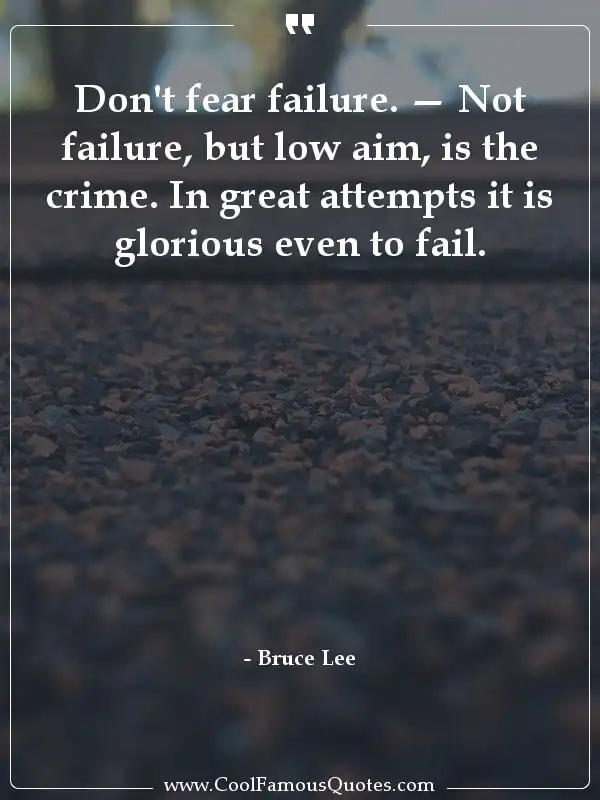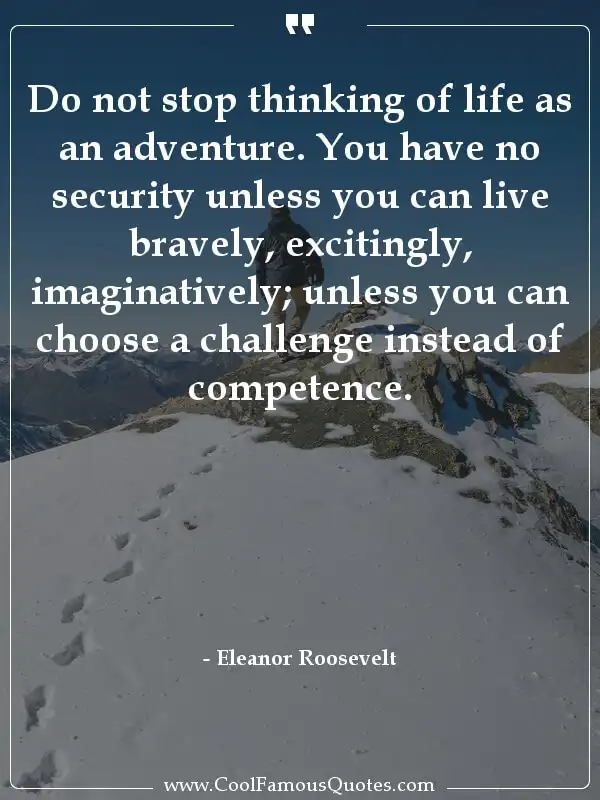“The aim of science is not to open the door to infinite wisdom, but to set a limit to infinite error.”
Decryption of quote
The aim of science is like a guiding light, leading us through the darkness of ignorance towards the beacon of knowledge. It is not a quest for ultimate truth or omniscience, but rather a humble pursuit of understanding and clarity.
Through the lens of science, we seek to unravel the mysteries of the universe, to decipher its intricate patterns and laws. It is a journey of discovery, a continuous process of questioning, experimenting, and learning.
While the pursuit of knowledge may seem boundless and infinite, science reminds us of the importance of boundaries and limitations. It serves as a safeguard against the pitfalls of unchecked speculation and unfounded beliefs.
By setting a limit to infinite error, science helps us navigate the treacherous waters of misinformation and falsehood. It encourages us to question our assumptions, to challenge our biases, and to seek the truth with an open mind.
Through the rigorous methods of observation, experimentation, and peer review, science provides us with a solid foundation upon which to build our understanding of the world. It offers us a framework for critical thinking and rational inquiry.
Ultimately, the aim of science is not to claim absolute knowledge or infallibility, but rather to embrace the uncertainty and complexity of the world. It teaches us to be humble in the face of the unknown, to acknowledge our limitations, and to strive for greater understanding.
As we journey through the vast expanse of human knowledge, let us remember the wise words of this quote. Let us use science as a tool to guide us towards truth and wisdom, while also reminding us of the importance of humility and skepticism.
For in the pursuit of knowledge, it is not the destination that matters most, but the journey itself. And through science, we can navigate this journey with clarity, purpose, and a commitment to truth.
science






